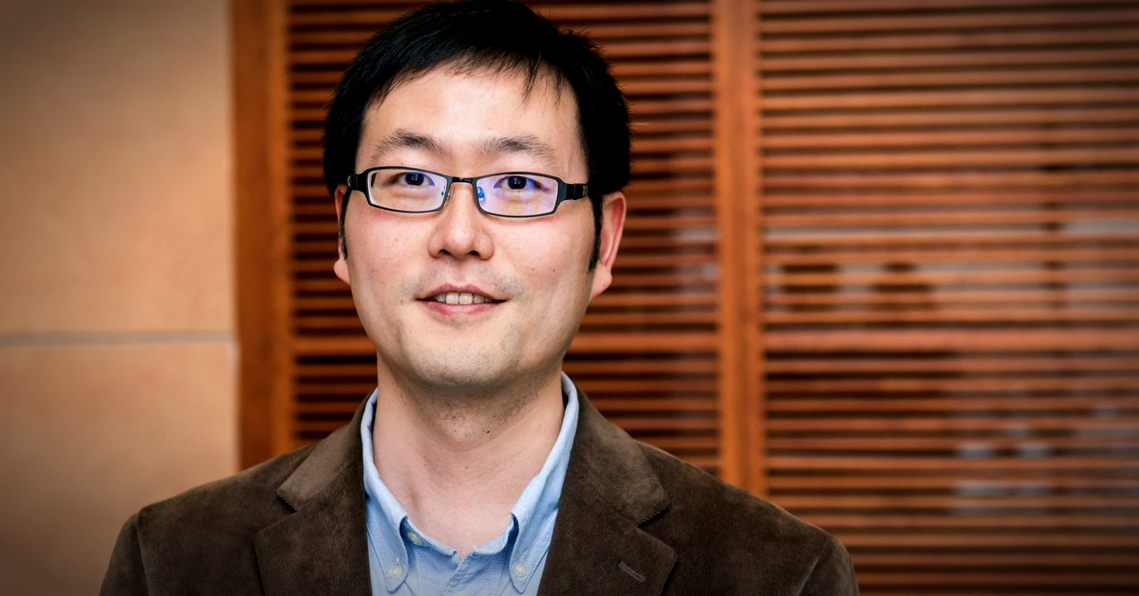
The National Science Foundation (NSF) has awarded Ting Zhu, assistant professor of computer science and electrical engineering, its prestigious CAREER Award for his work to significantly improve the existing sensing capabilities of common technologies, such as cell phones. The five-year grant will total nearly $500,000.
“We congratulate Dr. Zhu on his NSF CAREER Award, an important recognition of his inventive work and what it may mean for other fields,” said Karl V. Steiner, vice president for research. “Dr. Zhu’s recognition adds to our growing list of outstanding young faculty recognized by peers and national funding agencies for their potential to advance science and technology.”
Zhu’s research may have impacts on the daily lives of people who use their cell phones to track activities, like exercise and sleep. He finds that although many mobile phones have activity monitoring systems built in, these capabilities are often not used to their fullest potential.
“The purpose of my research is to enable Internet-of-Things (IoT) devices to conduct accurate, efficient, and scalable N-way sensing,” explains Zhu. “This award will allow me to leverage sensing capabilities from different IoT devices to significantly improve people’s daily life for applications such as personal health monitoring, indoor localization, and smart home automation.”
To integrate research with education, Zhu will collaborate with his colleagues at UMBC to disseminate his research to local communities and recruit underrepresented groups. His work also has potential applications for enhancing the teaching of sensing technologies in classrooms, and his lab will provide opportunities for diverse UMBC students to complete hands-on research related to sensing technologies, as well as potentially exploring connections with virtual reality and 3D scanning.
In the last two decades, UMBC faculty have received 34 NSF CAREER awards. Additional UMBC faculty honored with CAREER awards so far in 2017 include Lee Blaney, assistant professor of chemical, biochemical and environmental engineering, for his work on water contamination, and Tinoosh Mohsenin, assistant professor of computer science and electrical engineering, for her work on energy efficient implementation of deep learning technologies and machine learning algorithms that are developed to function similarly to the brain.
Republished from UMBC News; Photos by Marlayna Demond ’11 for UMBC.

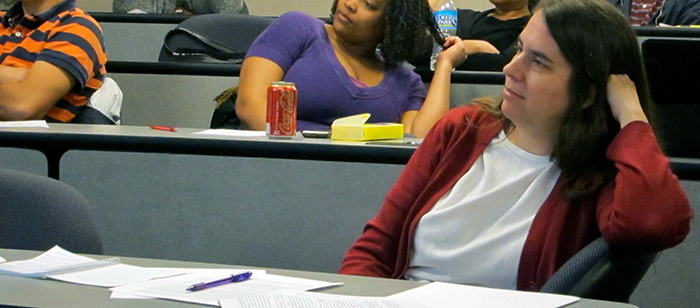

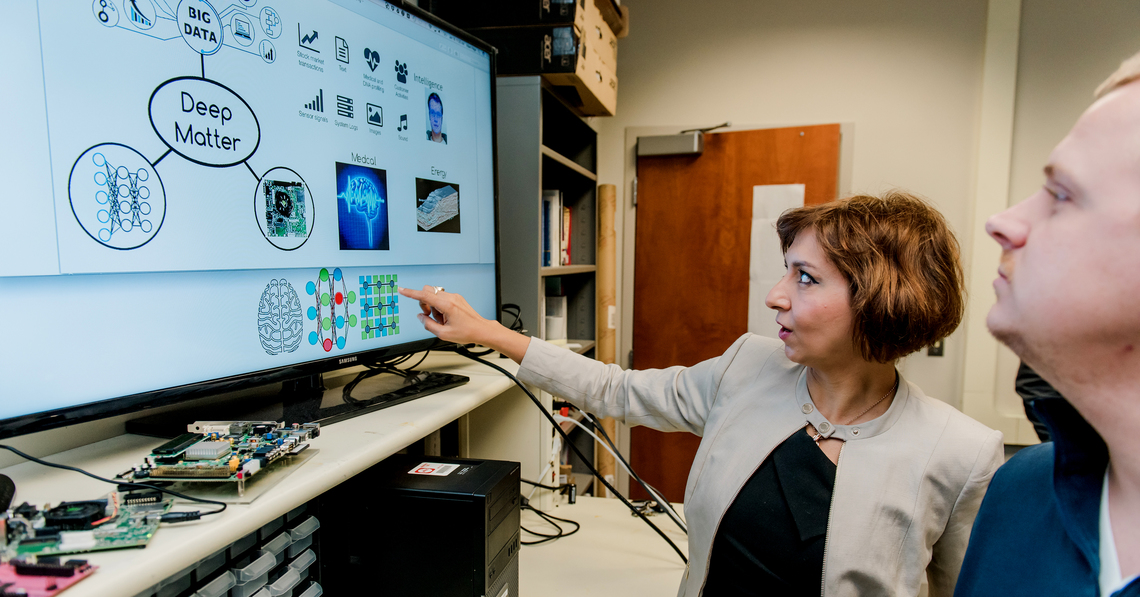
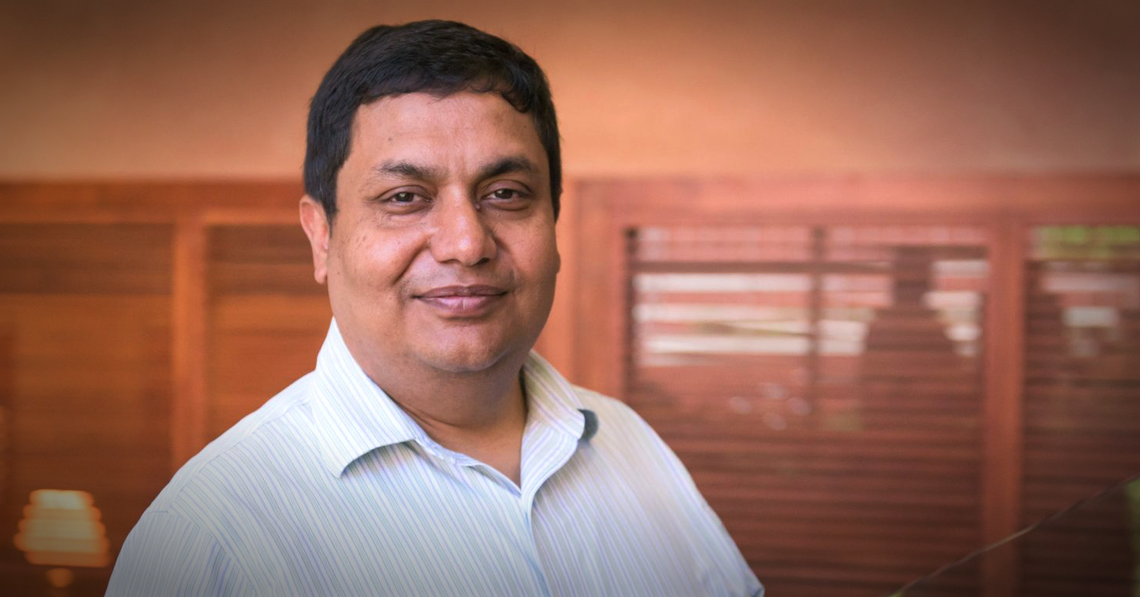
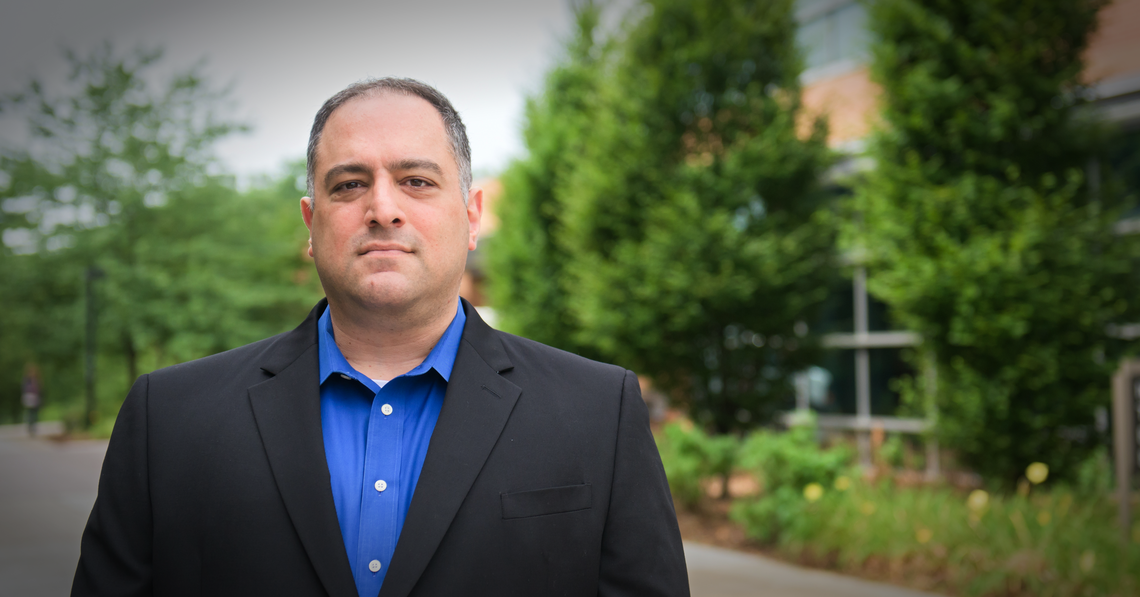
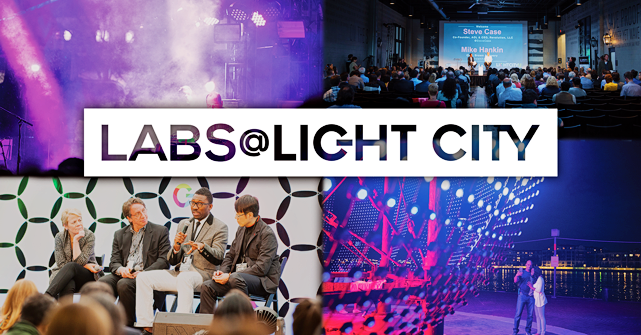
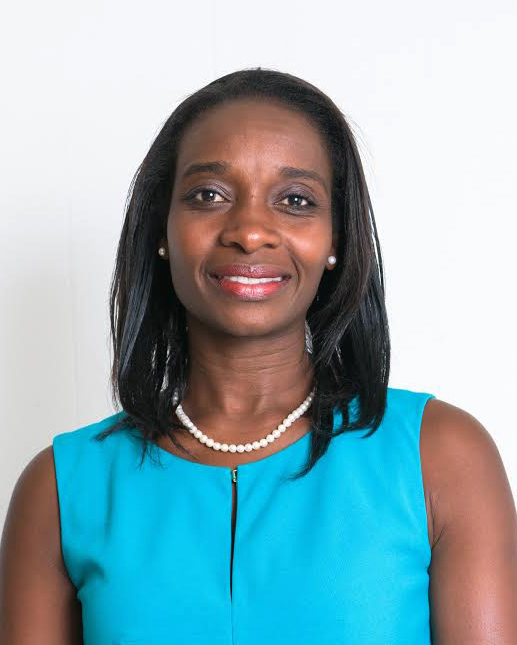

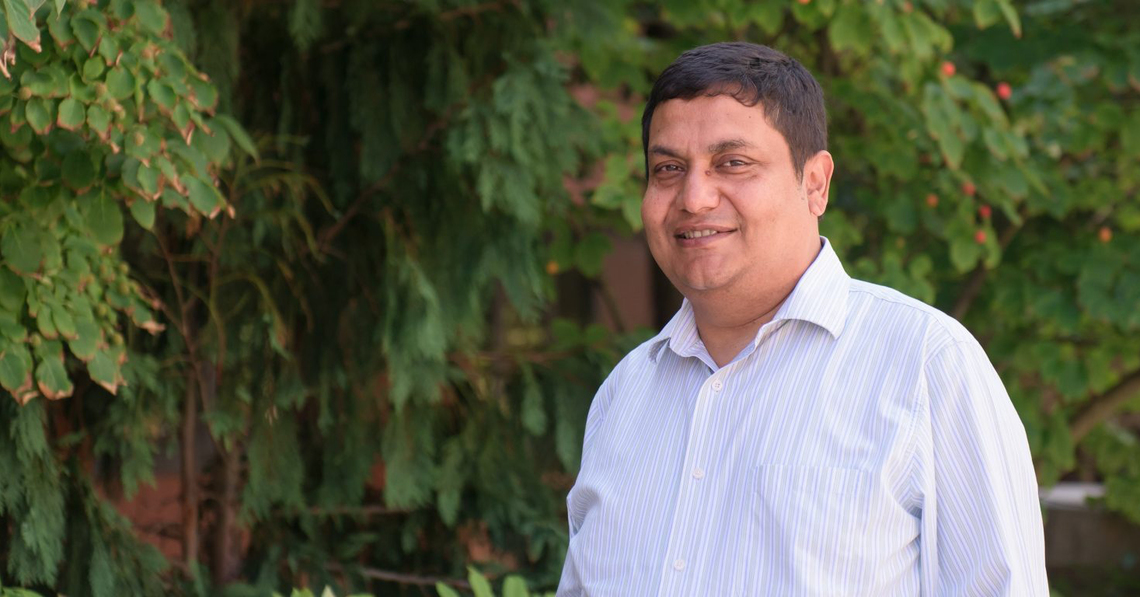 Professor Anupam Joshi, chair of the CSEE Department and director of the UMBC Center for Cybersecurity
Professor Anupam Joshi, chair of the CSEE Department and director of the UMBC Center for Cybersecurity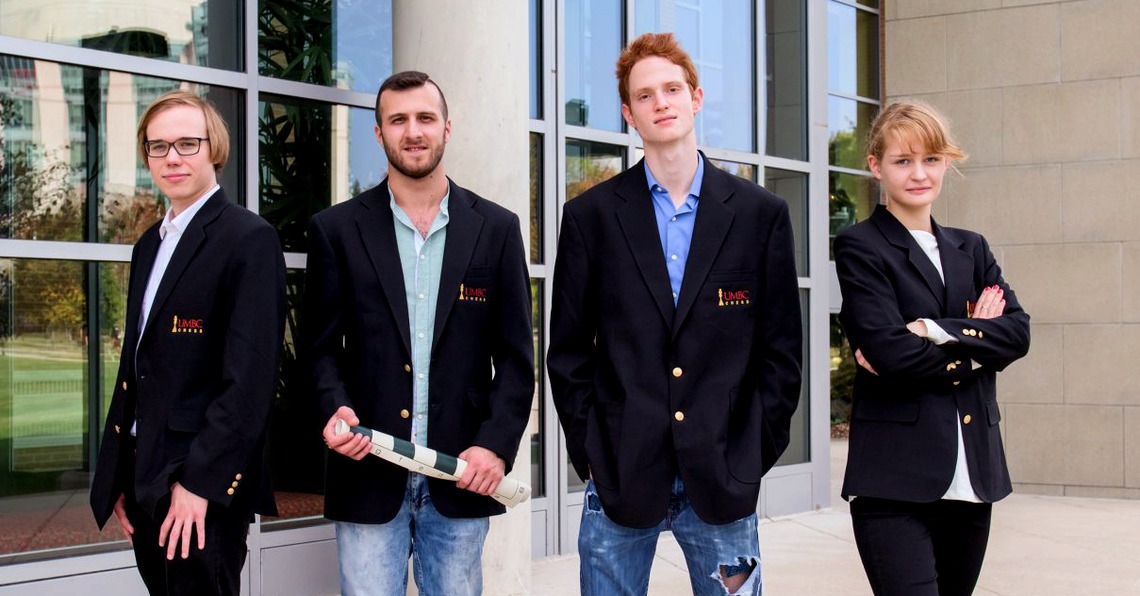
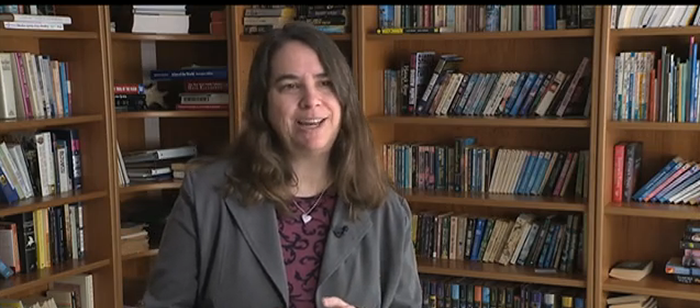

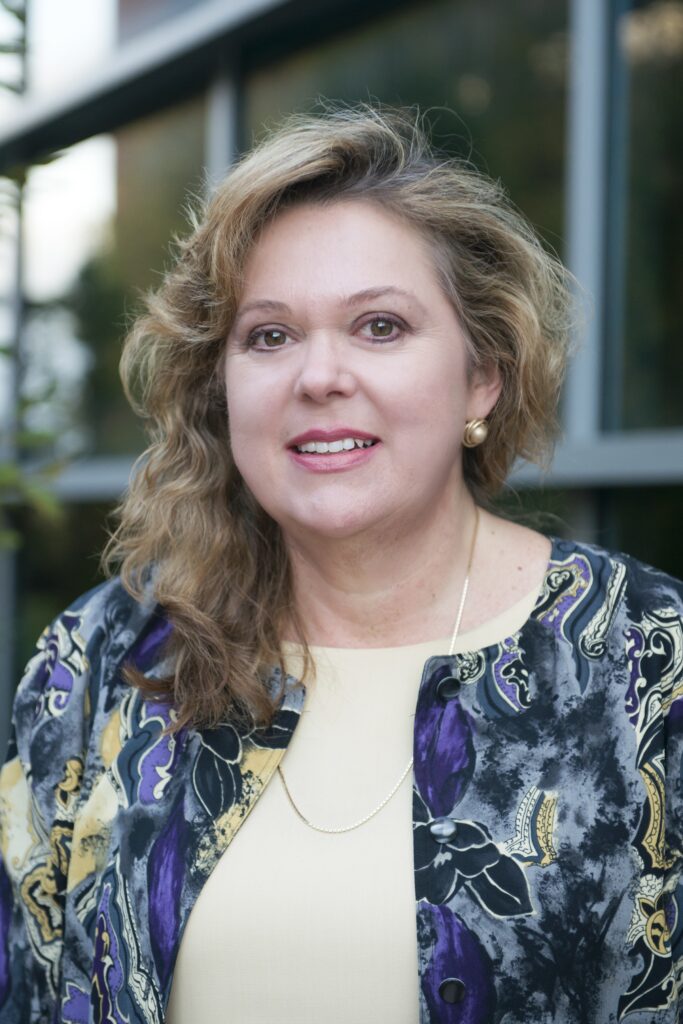 “I am most excited about the opportunity to work for a member of Congress and to learn how the legislative process flows. It will be a huge time for change on Capitol Hill—a new president and many newly elected officials. I would like to bring my technical knowledge to the Hill as those new officials discuss legislation relating to cybersecurity,” she said.
“I am most excited about the opportunity to work for a member of Congress and to learn how the legislative process flows. It will be a huge time for change on Capitol Hill—a new president and many newly elected officials. I would like to bring my technical knowledge to the Hill as those new officials discuss legislation relating to cybersecurity,” she said.